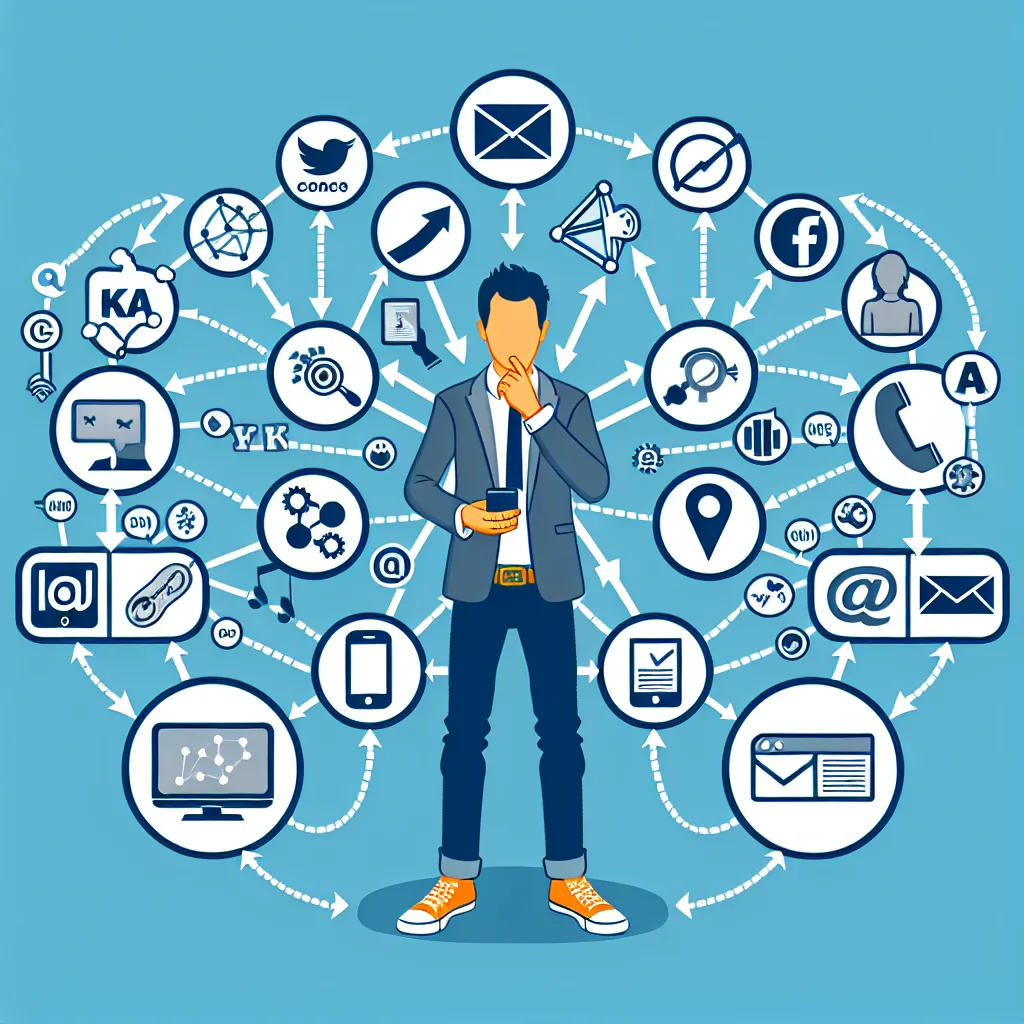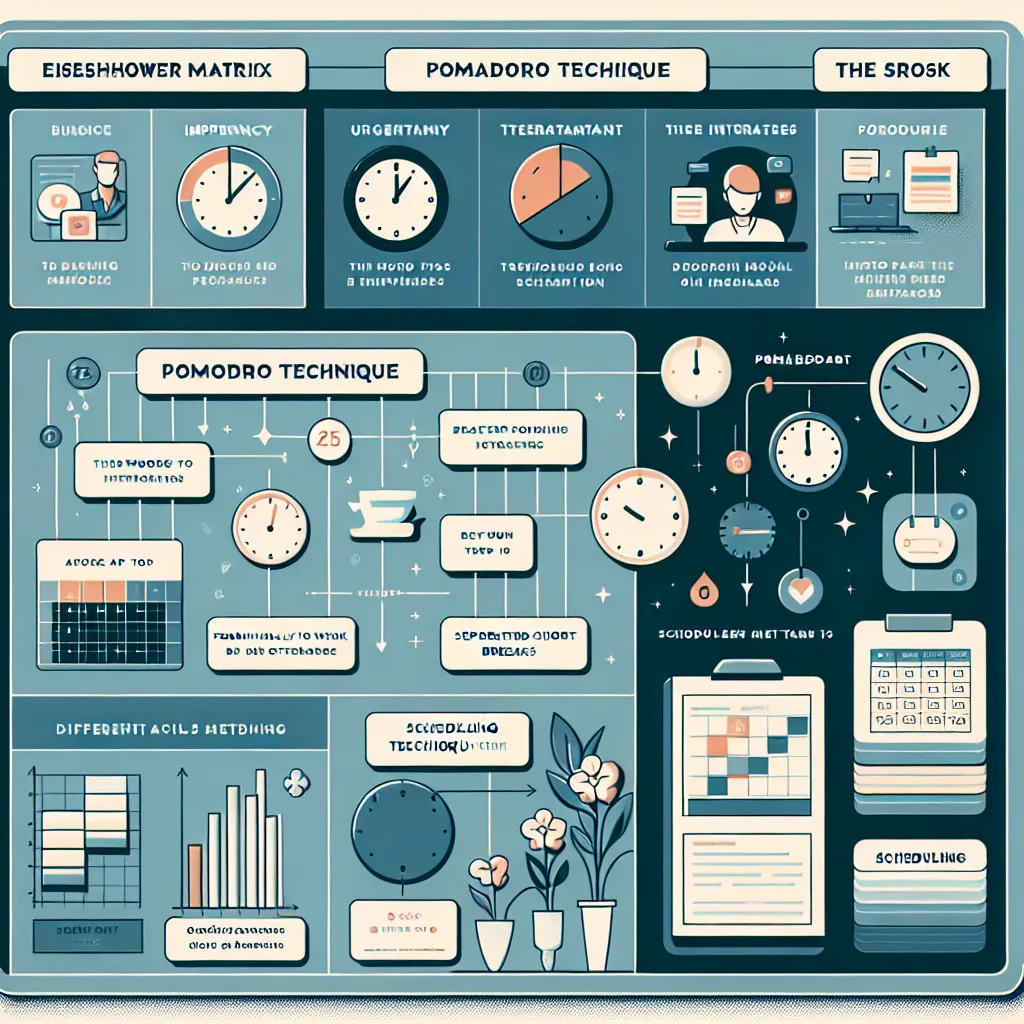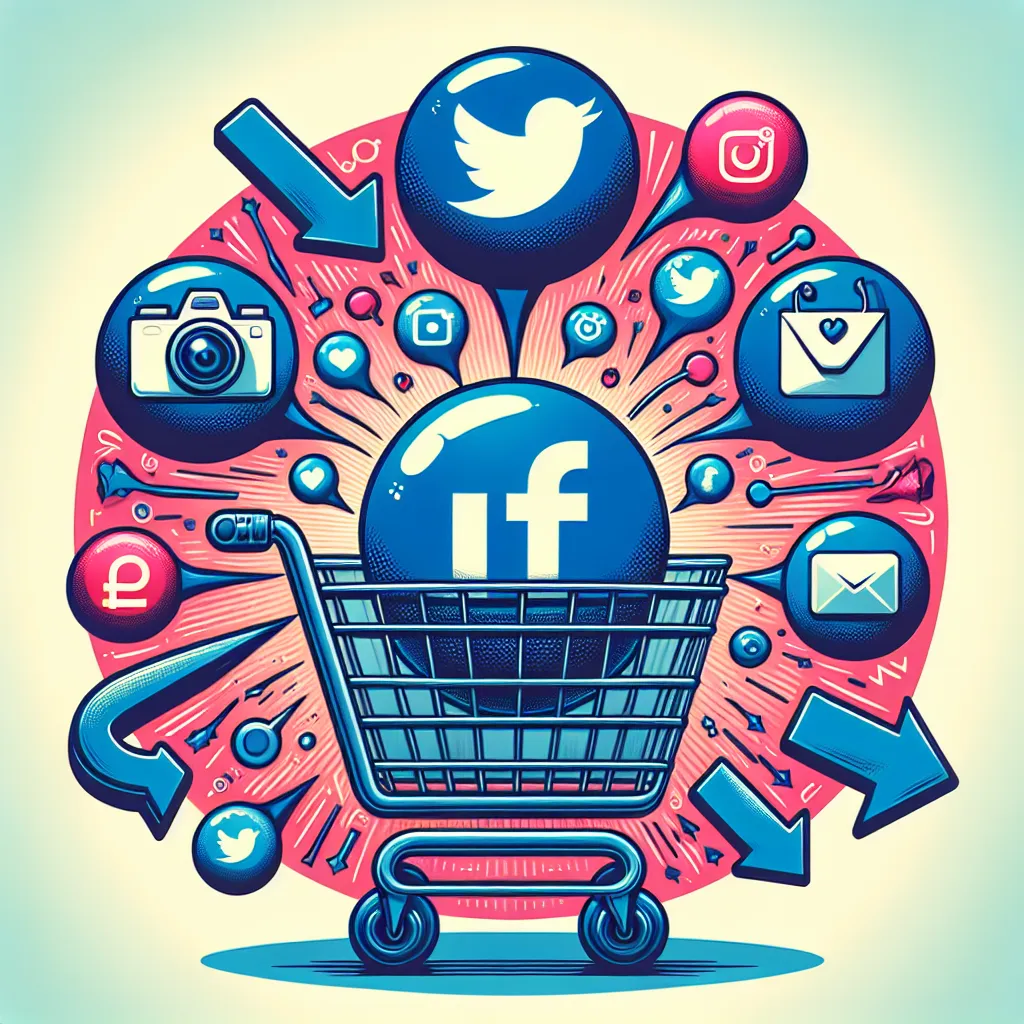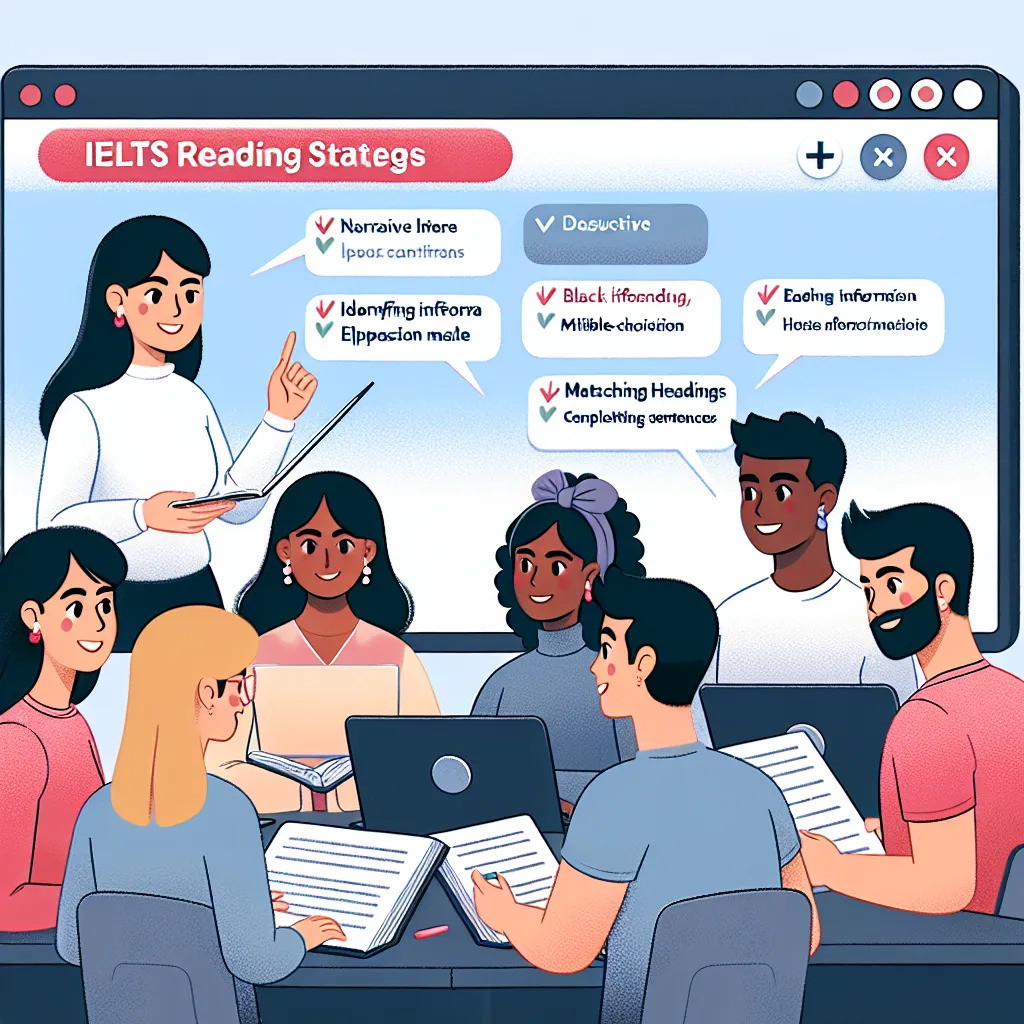The IELTS Reading section is a crucial component of the test, assessing your ability to comprehend complex texts and extract relevant information. Today, we’ll focus on a topic that has become increasingly prevalent in recent years: the impact of digital marketing on consumer choices. This subject has appeared in various forms in past IELTS exams and, given its relevance in our digital age, is likely to resurface in future tests.
Nội dung bài viết
Based on our analysis of past IELTS exams and current trends, we predict a high probability of encountering passages related to digital marketing and consumer behavior. Let’s dive into a practice exercise that will help you prepare for this type of content in your upcoming IELTS Reading test.
Practice Reading Passage
The Digital Revolution in Consumer Behavior
A. The advent of digital marketing has revolutionized the way businesses interact with consumers, fundamentally altering the landscape of consumer decision-making. This shift has been so profound that it has caught the attention of marketers, psychologists, and economists alike, all seeking to understand the nuances of this new digital consumer journey.
B. One of the most significant impacts of digital marketing is the unprecedented access to information it provides consumers. In the pre-digital era, consumers were largely dependent on company-controlled information channels such as television advertisements, print media, and in-store promotions. However, the internet has democratized information, allowing consumers to access a wealth of product details, reviews, and comparisons at their fingertips. This information abundance has led to more informed decision-making, with consumers often conducting extensive research before making a purchase.
C. Social media platforms have emerged as powerful tools in shaping consumer preferences. These platforms not only serve as channels for brand communication but also facilitate peer-to-peer recommendations. The phenomenon of “social proof” has gained prominence, where consumers are more likely to trust and act upon the recommendations of their peers or social media influencers rather than traditional advertising messages. This shift has forced brands to recalibrate their marketing strategies, focusing more on building authentic relationships and fostering positive word-of-mouth through social media engagement.
D. The rise of personalized marketing, enabled by sophisticated data analytics and artificial intelligence, has dramatically changed how brands target and communicate with consumers. By analyzing vast amounts of consumer data, including browsing history, purchase patterns, and social media activity, companies can now deliver highly tailored marketing messages and product recommendations. This level of personalization can enhance the consumer experience, making product discovery more efficient and relevant. However, it also raises concerns about privacy and data security, prompting discussions about the ethical implications of such targeted marketing practices.
E. Mobile technology has played a pivotal role in reshaping consumer behavior. The ubiquity of smartphones has created a “always-on” consumer culture, where individuals can make purchases or research products at any time and from any location. This constant connectivity has blurred the lines between online and offline shopping experiences, giving rise to omnichannel marketing strategies that aim to provide seamless interactions across various touchpoints. The convenience of mobile shopping has also led to more impulse purchases, as consumers can act on their desires instantly, without the cooling-off period that might occur in traditional shopping scenarios.
F. Digital marketing has also transformed the concept of brand loyalty. In the digital age, consumers have access to a global marketplace, making it easier than ever to switch between brands. This increased competition has forced companies to work harder to retain customers, often through loyalty programs, personalized experiences, and superior customer service. Paradoxically, while digital platforms make it easier for consumers to explore alternatives, they also provide opportunities for brands to build stronger, more personalized relationships with their customers.
G. The impact of digital marketing extends beyond individual consumer choices to influence broader societal trends. For instance, the rise of eco-conscious consumerism has been amplified through digital channels, with social media playing a crucial role in spreading awareness about sustainable products and ethical business practices. Similarly, digital platforms have facilitated the growth of the sharing economy and peer-to-peer marketplaces, challenging traditional notions of ownership and consumption.
H. As we look to the future, emerging technologies such as augmented reality (AR) and virtual reality (VR) promise to further revolutionize the consumer experience. These technologies have the potential to bridge the gap between online and offline shopping, allowing consumers to virtually try products before purchase or experience immersive brand stories. Such innovations are likely to add new dimensions to consumer decision-making processes, potentially increasing engagement and reducing purchase uncertainty.
In conclusion, the impact of digital marketing on consumer choices has been profound and multifaceted. While it has empowered consumers with information and choices, it has also created new challenges for both consumers and marketers. As technology continues to evolve, so too will the dynamics of digital marketing and consumer behavior, ensuring that this remains a critical area of study and innovation in the years to come.
 Impact of digital marketing on consumer choices
Impact of digital marketing on consumer choices
Questions
True/False/Not Given
Do the following statements agree with the information given in the reading passage? Write
TRUE if the statement agrees with the information
FALSE if the statement contradicts the information
NOT GIVEN if there is no information on this in the passage
- Digital marketing has made consumers less dependent on company-controlled information channels.
- Social media influencers are considered more trustworthy than traditional advertising by many consumers.
- Personalized marketing has completely eliminated privacy concerns among consumers.
- Mobile technology has increased the frequency of impulse purchases.
- Digital marketing has made it impossible for brands to maintain customer loyalty.
- Augmented reality and virtual reality are currently the most widely used technologies in digital marketing.
Matching Headings
Match the following headings to the correct paragraphs in the passage. Write the correct letter A-H next to the numbers 7-10 below.
- The role of mobile technology in changing consumer habits
- The influence of digital platforms on societal consumption trends
- The impact of information accessibility on consumer decision-making
- The future of consumer experiences through emerging technologies
Multiple Choice
Choose the correct letter, A, B, C, or D.
-
According to the passage, what is one of the main effects of social media on consumer behavior?
A) It has reduced the importance of peer recommendations
B) It has increased trust in traditional advertising
C) It has forced brands to focus more on building authentic relationships
D) It has eliminated the need for influencer marketing -
How has digital marketing affected brand loyalty?
A) It has made brand loyalty irrelevant
B) It has made it easier for brands to retain customers without effort
C) It has increased competition but also provided opportunities for stronger customer relationships
D) It has eliminated the need for loyalty programs -
Which of the following is NOT mentioned as an impact of digital marketing on consumer choices?
A) Increased access to product information
B) More personalized marketing messages
C) Greater influence of peer recommendations
D) Reduced product quality across all industries
Answer Key and Explanations
-
TRUE – Paragraph B states that the internet has democratized information, allowing consumers to access a wealth of product details, reviews, and comparisons, making them less dependent on company-controlled channels.
-
TRUE – Paragraph C mentions that consumers are more likely to trust and act upon recommendations from peers or social media influencers rather than traditional advertising messages.
-
FALSE – Paragraph D states that personalized marketing raises concerns about privacy and data security, indicating that it has not eliminated privacy concerns.
-
TRUE – Paragraph E mentions that the convenience of mobile shopping has led to more impulse purchases.
-
FALSE – Paragraph F states that while digital platforms make it easier for consumers to explore alternatives, they also provide opportunities for brands to build stronger, more personalized relationships with their customers.
-
NOT GIVEN – While paragraph H mentions AR and VR as emerging technologies with potential to revolutionize consumer experience, it doesn’t state whether they are currently the most widely used technologies in digital marketing.
-
E – This paragraph discusses how mobile technology has reshaped consumer behavior, creating an “always-on” consumer culture.
-
G – This paragraph talks about how digital marketing influences broader societal trends, such as eco-conscious consumerism and the sharing economy.
-
B – This paragraph focuses on how unprecedented access to information has led to more informed decision-making by consumers.
-
H – This paragraph discusses future technologies like AR and VR and their potential impact on consumer experiences.
-
C – The passage states in paragraph C that the shift towards social media has “forced brands to recalibrate their marketing strategies, focusing more on building authentic relationships.”
-
C – Paragraph F explains that while digital platforms make it easier for consumers to switch brands, they also provide opportunities for brands to build stronger relationships with customers.
-
D – The passage does not mention any impact of digital marketing on product quality across industries. All other options are mentioned in the text as impacts of digital marketing on consumer choices.
Common Mistakes to Avoid
-
Misinterpreting “Not Given” answers: Remember, if the information is not explicitly stated in the passage, even if it seems logical, the answer is “Not Given.”
-
Overlooking specific details: Pay close attention to qualifiers like “some,” “most,” or “all” as they can change the meaning of a statement.
-
Falling for distractors: In multiple-choice questions, some options may be partially correct. Always choose the most complete and accurate answer based on the passage.
-
Relying on prior knowledge: Base your answers solely on the information provided in the passage, not on your personal knowledge of the topic.
-
Rushing through the passage: Take time to understand the main ideas and supporting details in each paragraph.
Key Vocabulary
- Advent (noun) /ˈædvent/ – the arrival of a notable person, thing, or event
- Nuances (noun) /ˈnjuːɑːnsɪz/ – subtle differences in meaning, opinion, or attitude
- Unprecedented (adjective) /ʌnˈpresɪdentɪd/ – never done or known before
- Democratized (verb) /dɪˈmɒkrətaɪzd/ – made something accessible to everyone
- Calibrate (verb) /ˈkælɪbreɪt/ – adjust or carefully assess
- Ubiquity (noun) /juːˈbɪkwəti/ – the state of being everywhere
- Pivotal (adjective) /ˈpɪvətl/ – of crucial importance
- Paradoxically (adverb) /ˌpærəˈdɒksɪkli/ – in a seemingly contradictory manner
Grammar Focus
Pay attention to the use of present perfect tense in the passage, such as:
“The advent of digital marketing has revolutionized the way businesses interact with consumers.”
This tense is used to describe actions that started in the past and continue to have an effect in the present. It’s formed with “have/has” + past participle.
Practice forming sentences using the present perfect tense to describe the impacts of digital marketing on consumer behavior.
Tips for IELTS Reading Success
-
Improve your reading speed: Practice reading academic texts regularly to increase your reading speed without sacrificing comprehension.
-
Develop skimming and scanning skills: Learn to quickly identify main ideas (skimming) and locate specific information (scanning).
-
Expand your vocabulary: Focus on academic and topic-specific vocabulary. Create a personal dictionary of new words you encounter.
-
Practice time management: Allocate your time wisely among the three sections of the reading test.
-
Read the questions before the passage: This helps you focus on relevant information while reading.
-
Use context clues: If you encounter unfamiliar words, try to deduce their meaning from the surrounding context.
-
Stay calm and focused: Don’t panic if you encounter difficult sections. Move on and return to them if time allows.
Remember, consistent practice is key to improving your IELTS Reading score. Regularly expose yourself to various types of academic texts and practice different question formats to build your confidence and skills.
For more tips on improving your IELTS Reading skills, check out our article on how social media affects consumer behavior. Additionally, to understand more about the broader impacts of digital marketing, read our piece on the effects of digital marketing on consumer behavior.


